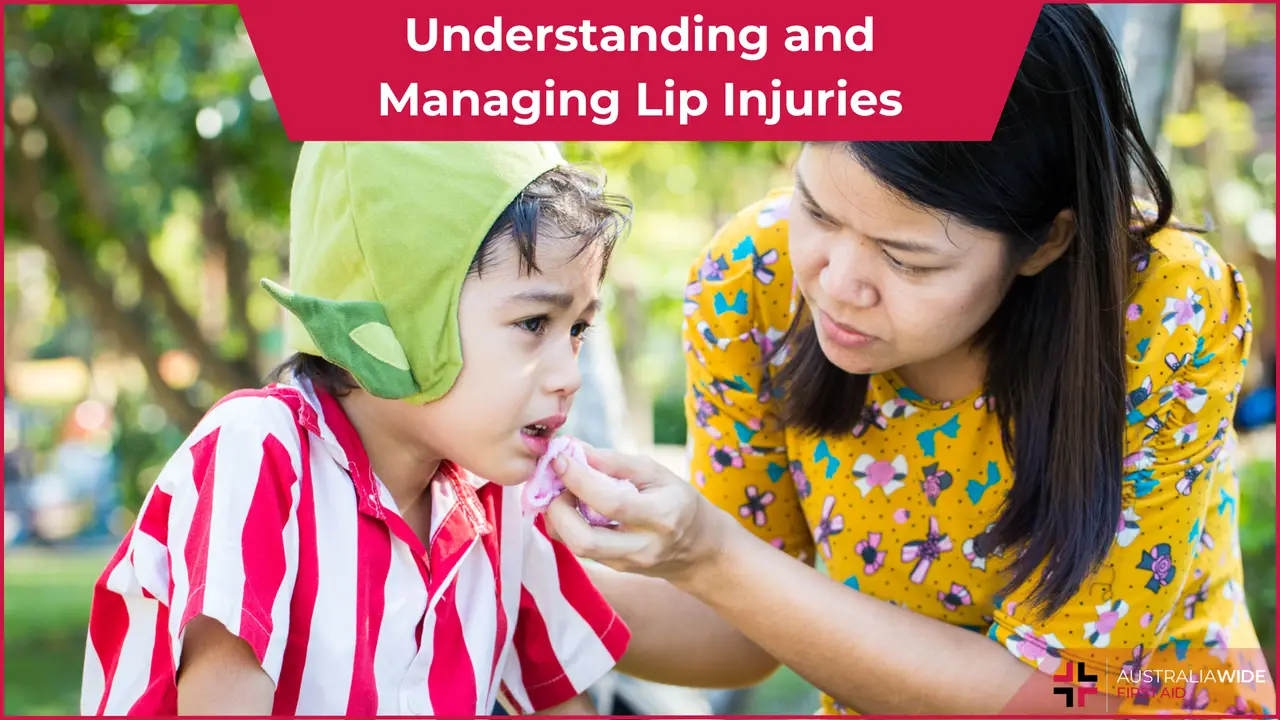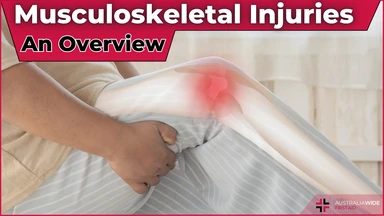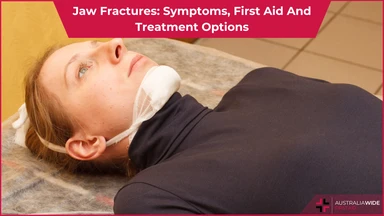Understanding and Managing Lip Injuries


Lip injuries, while frequently considered minor in the broader context of bodily harm, are often surprisingly painful, inconvenient, and occasionally intricate to manage.
In this article we embark on a comprehensive exploration of the realm of lip injuries, delving into their causative factors, various types and available treatment options.
Lip injuries can result from a variety of causes, ranging from minor accidents to more significant traumatic events. Some of the primary causes of lip injuries are as follows:
The type of Lip Injury a person has suffered guides the treatment protocol for the injury. Therefore, it is paramount for us to understand the different types of lip injuries.
Providing immediate and appropriate first aid for lip injuries can make a significant difference in the healing process and minimize complications.
Here are the steps to follow for effective first aid when dealing with lip injuries:
Remember that while these steps can help manage minor lip injuries, it's essential to seek medical attention for more severe injuries or if there are concerns about the healing process.
Knowing when to see a doctor for a lip injury is crucial, as prompt medical attention can ensure proper treatment and help prevent complications.
Suturing: Deep or extensive lacerations often require stitches to ensure proper alignment and minimize scarring. A healthcare professional will carefully suture the wound. In some cases, particularly for minor cuts or when stitches are not feasible, medical adhesive glue may be used to close the wound.
Pain Management: Over-the-counter pain relievers, such as ibuprofen or acetaminophen, can help manage pain and discomfort.
Antibiotics: If there is a risk of infection or if the injury becomes infected, a doctor may prescribe antibiotics.
Wound Dressing: A sterile bandage or dressing may be applied to protect the wound and keep it clean.
Follow-Up Care: Healthcare professionals may recommend follow-up appointments to monitor the healing process, ensure the stitches are removed at the appropriate time, and address any concerns.
Specialized Care: In cases of complex lip injuries, particularly those involving multiple facial structures, a plastic surgeon or an oral and maxillofacial surgeon may be consulted to ensure the best cosmetic and functional outcome.
It's essential to follow the advice and treatment recommendations provided by a healthcare professional when seeking treatment for a lip injury. Timely and appropriate care can help prevent complications and promote a successful recovery.
Keep healthy and smiling!

March 6, 2025
Falls are one of the most common causes of injury, particularly among children and older adults. Whether it’s a simple trip or a serious fall from height, knowing how to administer first aid can prevent further injury and, in some cases, save a life.

October 1, 2024
The musculoskeletal system is the foundation of human movement, support, and protection, playing a critical role in our ability to perform everyday tasks. Understanding the components and functions of the musculoskeletal system is essential for preventing injuries and managing conditions that may arise, particularly in workplaces where manual handling tasks are common.

August 28, 2024
A jaw fracture is a break or crack in the jawbone. This type of injury can occur due to various reasons and may result in considerable pain and difficulty in performing everyday activities like eating and speaking.